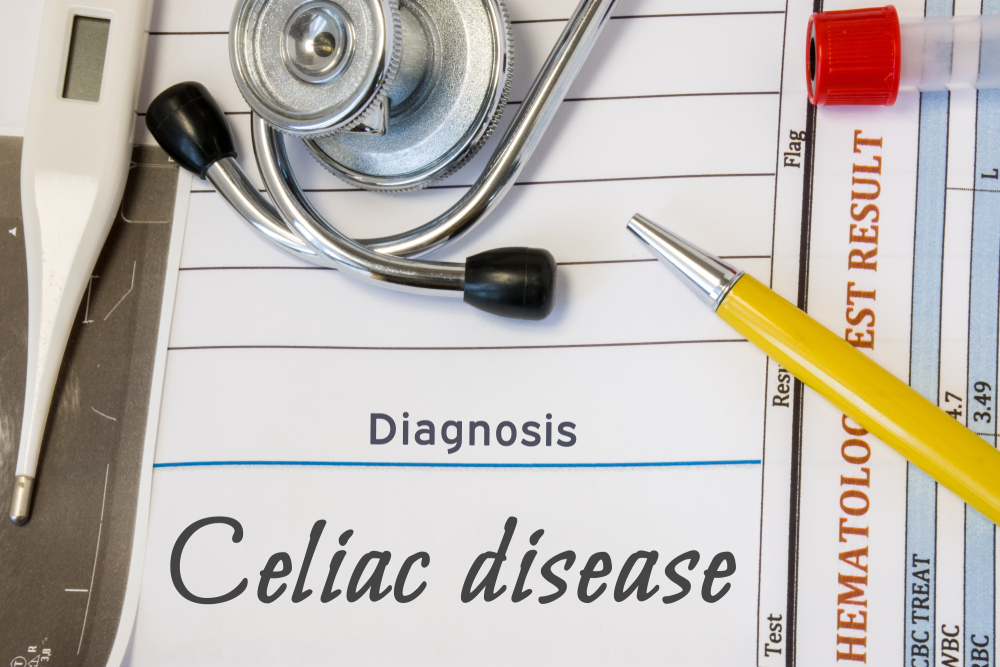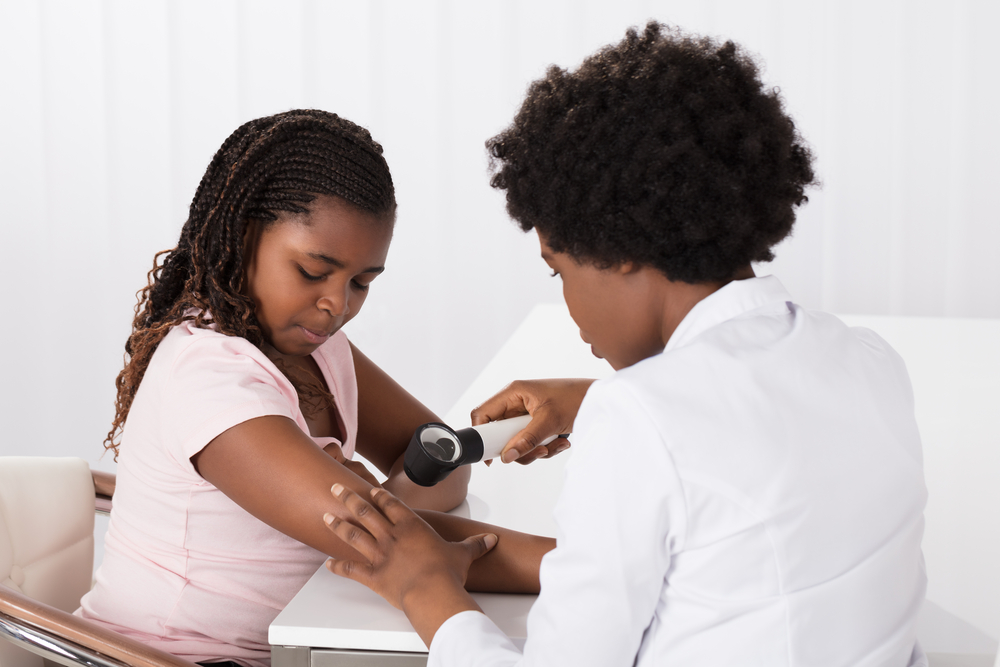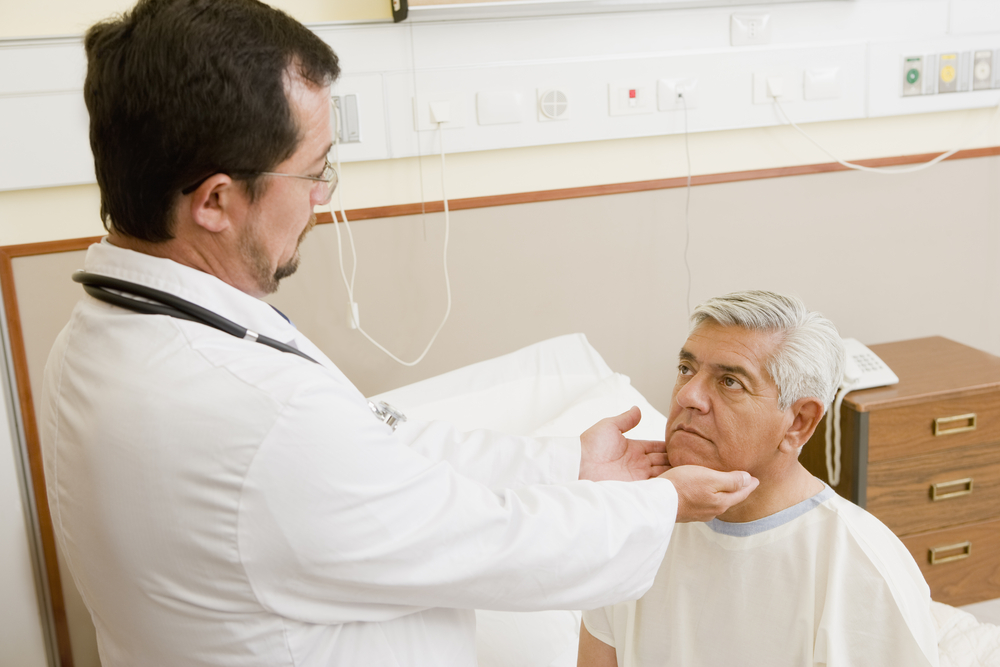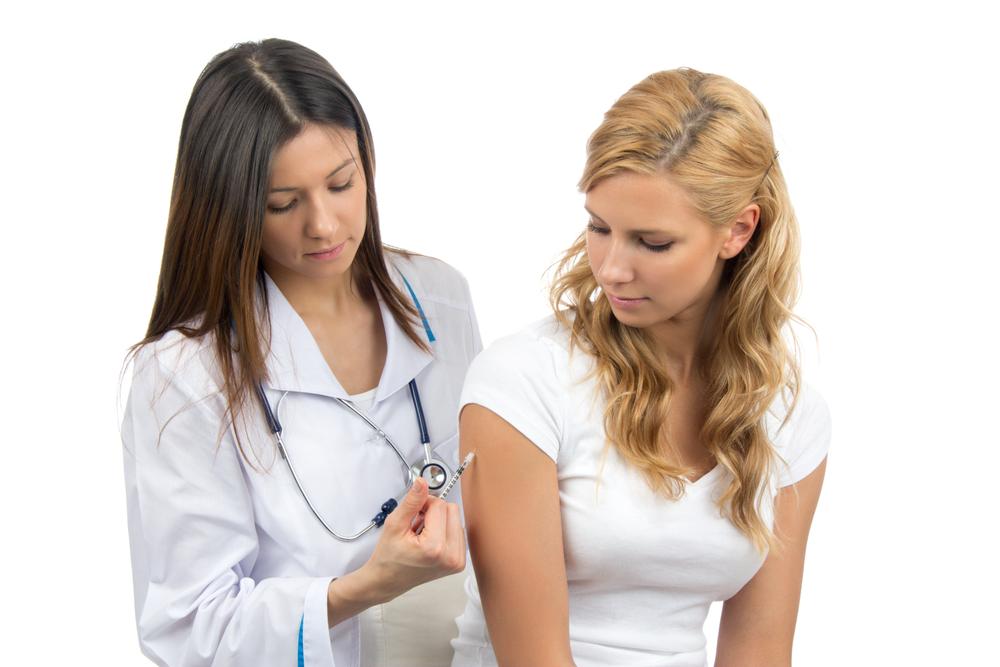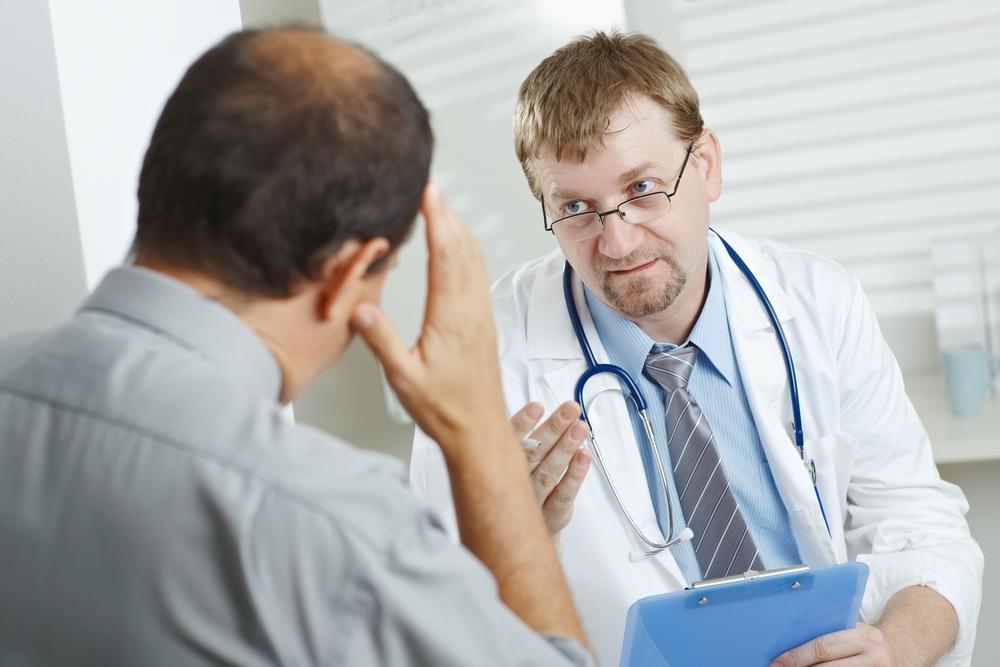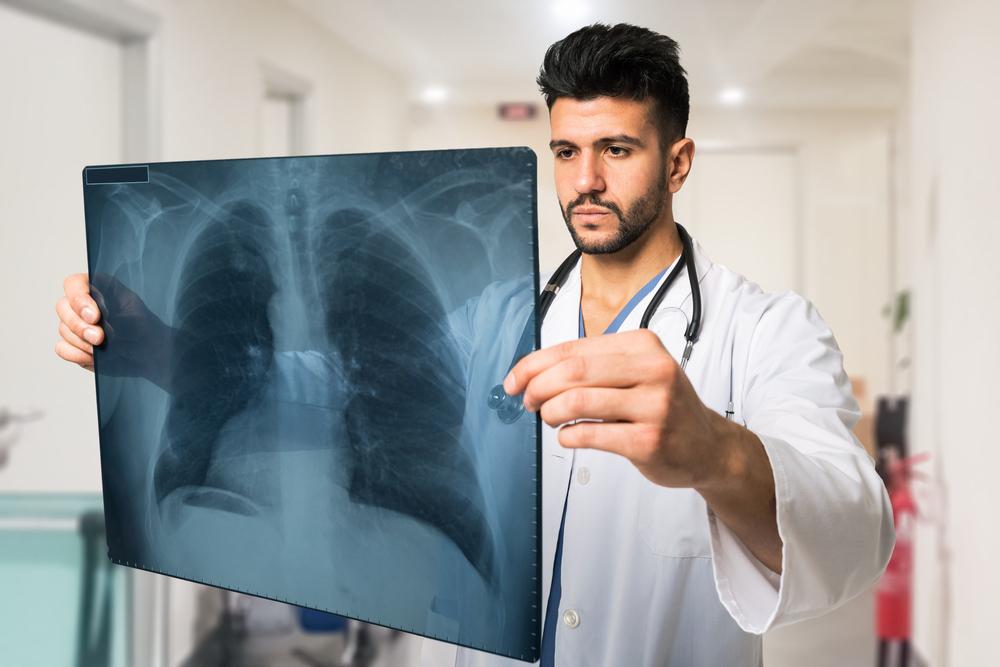Lose The Excess Flab With These Popular Weight-Loss Diets
Lose the excess flab with these popular weight-loss diets A well-balanced, healthy diet is always recommended for good health. However, if you specifically want to lose some extra flab, you can always go for a weight-loss diet. Some of these diets lower the intake of carbohydrates, while other weight-loss diets reduce the overall intake of calories by eliminating various food groups. Most weight-loss diets have been fads that have come and gone with time. But here are a few diets that have been consistently followed for a quite long time by people keen on losing and maintaining a healthy body weight. Ketogenic diet : Also known as the keto diet, this dieting technique was initially developed for people with epilepsy. The goal of this diet is to make the body burn fat and use it as an energy source, rather than using carbohydrates for the same purpose. This is done by increasing the consumption of fats and reducing the consumption of carbohydrates. The breakdown of fats leads to the production of ketones. This process is known as ketosis and aids in losing excess weight. In a keto diet plan, foods with healthy fat content are included. Avocado, Brazil nuts, oily fish, coconuts, olive oil, and seeds are extensively included in keto meals. This diet is not recommended for people with type 1 diabetes. Atkins diet : This is one of the most popular low-carb weight-loss diets. The reduced intake of carbohydrates controls insulin levels in the body, which in turn makes the body use fats stored in the body as a source of energy instead of using the energy stored in the foods consumed. This burns down the excess flab in the body. People on the Atkins diet increase the intake of protein and fats. Divided into four parts, this weight-loss diet starts with eating foods with low carb content for at least two weeks. Over time, healthy carbs are slowly included in the diet. This diet is quite suitable for burning up belly flab. However, consult a physician or a doctor before starting this diet to prevent any side effects. Zone diet : This weight-loss diet was originally developed to alleviate inflammation caused due to certain foods and to lower the risk of a few chronic diseases. Zone diet involves including proteins, carbohydrates, and fats in each meal in a fixed proportion. Each meal should have around 40 percent carbohydrates, 30 percent proteins, and 30 percent fats. Only carbs with low-glycemic load should be included in the diet. Whole grain bread, fruits, and vegetables rich in fiber, soy products, lentils, and beans are good sources of carbs with a low glycemic load. Carbs with a high- glycemic load such as potatoes, bananas, and rice should be excluded from this weight-loss diet. Fats should include foods with monounsaturated fats such as almonds, avocado, and olive oil. This diet is suited to reduce extra flab around the waist. Paleo diet : The philosophy behind paleo diet is that most lifestyle diseases such as obesity, diabetes, and heart diseases are the result of high consumption of processed foods that are loaded with fats and sugars. The solution to this problem is to eat food that was a part of the caveman’s diet. Hence, the name paleo diet. Paleo diet works towards weight loss as well as a general good health and well-being. The diet requires the inclusion of foods such as lean protein, seeds, nuts, fruits, and vegetables. Whole foods should comprise a major part of the diet. This weight-loss diet increases the consumption of proteins and reduces the consumption of carbs. However, it also eliminates certain healthy food groups that include legumes, dairy, and whole grains. Tags: weight loss diet, healthy diet
Read More..

